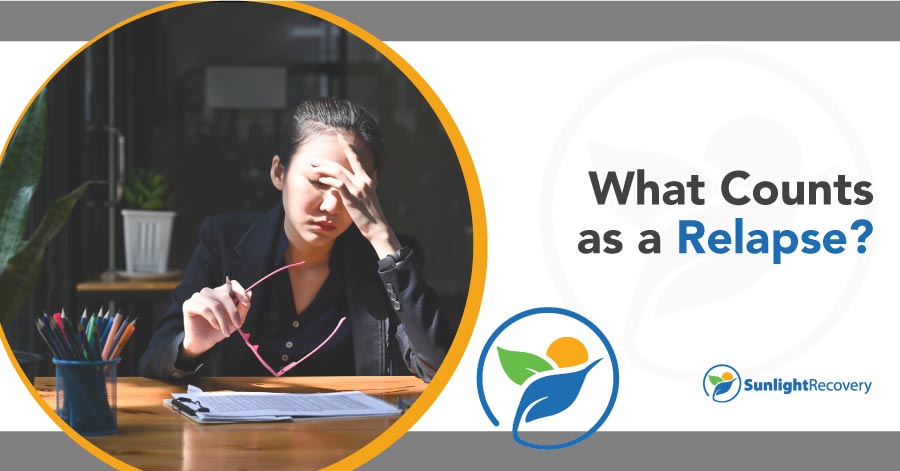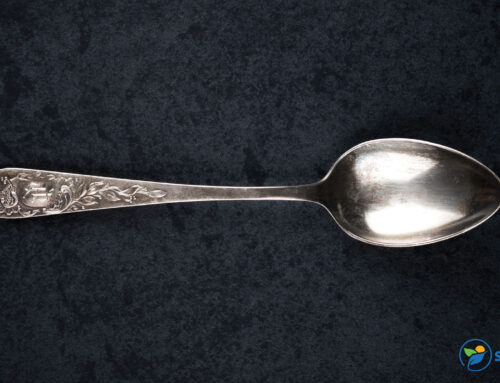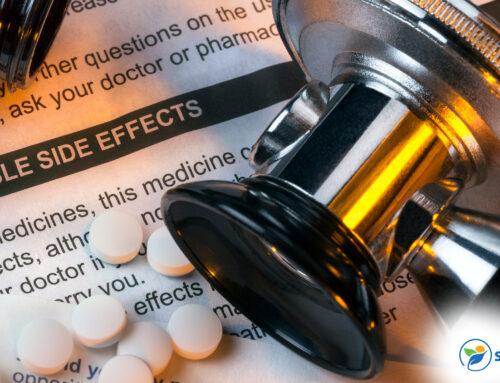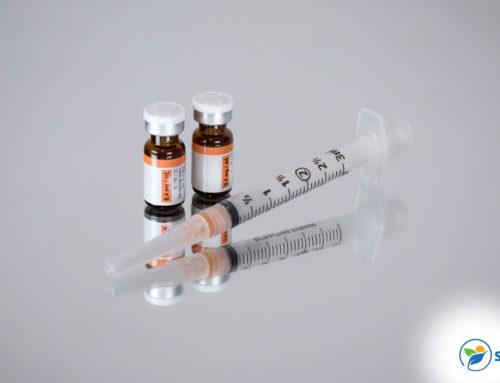What is relapsing? Knowing the answer is the first step toward addressing an addiction episode. Learn the best way to prevent an addiction beginning again.
If you’ve suffered from any type of addiction, you may have learned what a relapse is and how it can seem to derail your success. While addiction is a completely treatable condition, it takes a lot of willpower and focus to maintain your recovery.
But what is relapse? Also called slipping, it’s important to identify and understand the answer to “What does it mean to relapse?” and to appreciate what it takes to reclaim your life and prevent it from happening.
What Is Relapsing?
Recovery from addiction is defined as the complete abstinence from a drug or substance of choice. The time it takes to recover from alcohol or drug addiction varies depending on your weight, age, the type of substance you’ve been abusing and your past substance abuse history. In some cases, recovery is a lifelong process, and the chances of relapse are high. According to the National Institute on Drug Abuse, 40% to 60% of individuals who’ve recovered from addiction have an episode of relapse.
Signs of a Relapse
A relapse occurs when the individual gives in to temptation and returns to substance abuse, whether it’s one occurrence or continued use. Different types of triggers can cause a relapse, such as seeing an associate who also abused the substance or experiencing the same situation that caused you to use substances to cope before, such as homelessness or social pressures. Because there’s a high occurrence of relapse, many ask, “Is relapse part of recovery?”
Types of Relapsing
There are several types or processes of a relapse. It’s a common misunderstanding that a relapse is instantaneous. It generally takes several weeks and even months for a relapse to take place. The three stages include emotional, mental and physical relapse.
Emotional Relapse
During the first stage of a relapse, you’re not yet thinking about using, but your emotional state and behavior are setting you up for substance abuse. An individual in this stage may seem restless and irritable over daily tasks or in certain situations. They may also seem discontent with their jobs, family life, friends and even hobbies.
During an emotional relapse, you may feel anxious or angry, have frequent mood swings and have poor eating habits. If you’re still attending recovery meetings, you may feel they aren’t helping, and you may stop attending. The longer you suffer from emotional issues, the higher the risk for moving to the next stage of total relapse.
Mental Relapse
In an attempt to relieve emotional issues, you start thinking about using again. During a mental relapse, you may think about people you used to associate with during the addiction phase and even begin hanging out with them again. You start lying to yourself that the addiction wasn’t bad and you were happy. During the mental stage, it’s beginning to get harder to make the right choices.
Physical Relapse
If you don’t address the emotional and mental relapse stages, you’ll soon move to the physical stage: using. This is where the actual drug or alcohol abuse occurs again, and in some cases, it can have catastrophic results. An individual who once abused benzos would develop a tolerance to the medication. If they relapse and take the same dose they took before, it can result in an overdose.
Why Is Relapse So Important to Some?
Relapse can be an important and even a normal part of recovery. It doesn’t mean the treatment has failed; it’s just a big indicator of the time and effort it will take for complete recovery for some. Relapse can also be an important part of learning how to address and cope with your emotions and practice self-care in a healthy and productive manner.
Why Do People Sometimes Call It a Slip?
Relapse is often seen as returning to addictive behaviors for the long term, while a slip is often defined as a one-time occurrence. An example would be if an alcoholic attends a company party, has a few drinks and becomes intoxicated but immediately addresses and stops the behavior. Just a one-time event of having an alcoholic beverage would be considered a slip. Still, you shouldn’t dismiss this type of occurrence if you really need help.
What to Do If You’ve Relapsed or Had a Slip
If you relapse or know someone who has, seek medical attention immediately, especially if there are signs or symptoms of overdose. For those who begin using long-term again, contact your physician or counseling service. Depending on how long you’ve been using this time, you may need to go through recovery treatment again. Relapse drugs or drugs used to control withdrawal symptoms can be combined with cognitive, group and individual therapies to get you back on the road to recovery. If you’ve been through medical detox in the past, your counseling service will typically provide you with contact numbers.
Ways to Prevent a Relapse
The road to recovery includes the ability to cope long-term with addiction. This includes the capacity to prevent a relapse or slip. One of the best ways to prevent relapse is to consistently practice self-care. Often, individuals use alcohol and drugs as a method to cope with stressful situations and emotions. By practicing self-care, you follow a healthy diet, get enough sleep and exercise, and learn how to address feelings of depression and isolation through meditation, hobbies, friends and treatment.
Find someone to talk to about your feelings. Isolation and disconnecting from others can often increase your chances of relapse. Build a strong support network through family, friends and loved ones and through other recovered addicts. You can also revisit your past treatment options. Contact your therapist or recovery network, or attend a recovery meeting or individual session. Finally, make a list of the things that trigger you and find ways to cope with or avoid them.
At Sunlight Recovery, we understand how important a relapse is in the process of recovery. We also know they’re common and sometimes unavoidable. If you’re struggling with addiction or are at some stage of a relapse, you can contact one of our trained counselors 24/7 at (888) 402-3647. We can help you get back on the road to recovery.






